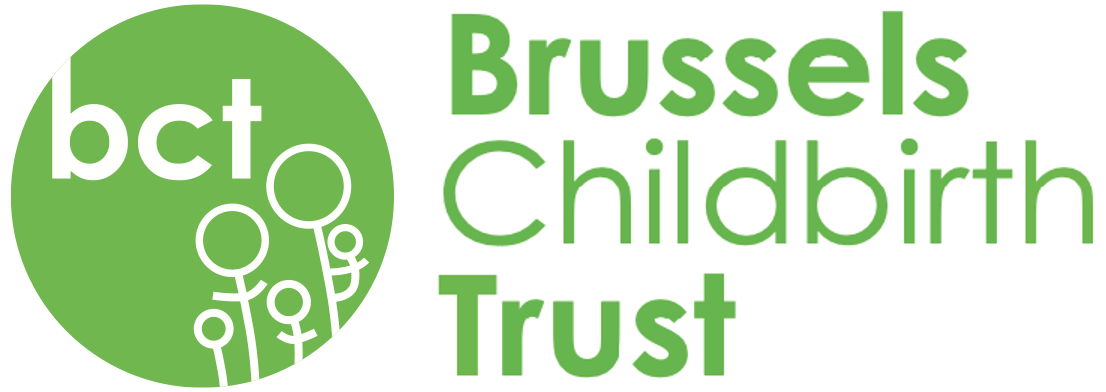After our popular series of talks on multilingualism last year, we continue with the 2023 edition. Here are a few thoughts and ideas from the first talk of this year.
A socio-linguistic perspective on languages: How do euro-centric biases influence our thinking about languages?
Carmen Delgado Luchner kicked off the 2023 season. She is a trained translator and interpreter and currently the Director of the Language Centre at the University of Fribourg in Switzerland. Her doctoral and post-doctoral research focused on multilingual communication in Sub-Saharan Africa. Carmen is interested in the power dynamics between languages and the way “heritage languages” of migrant communities are treated in Switzerland.
Monolingualism or the obsession with language purity
Europe has not always been as focussed on monolingual identity as it is today, nor is this something that we see a lot outside of the Western world. It was the rise of the nation-state that established the idea of “one nation, one language” and from then on, being multilingual came to be seen as having multiple national allegiances. Regional dialects were frowned upon or even suppressed due to the pressure created by language norms. It is this link between nation and language that makes language so deeply political.
Horizontal vs. vertical multilingualism
Switzerland and Belgium both have multiple language communities with different official languages. In a way, they function like monolingual nation-states that exist next to each other (horizontal multilingualism). In most of these regions, schools and public institutions use only one language, so while the state itself is multilingual, this does not scale down to the personal level. People live their lives almost exclusively in one language only, and other languages are acquired like foreign tongues.
In other parts of the world, the concept of the monolingual nation-state is less pervasive. In Kenya, for example, languages share the same territory and everyone will interact with all 3 to 4 levels (i.e. official language(s), national lingua franca and regional lingua franca = vertical multilingualism), depending on the context (e.g. family, market, workplace or public administration).
The concept of the “Language repertoire”
We all have different language repertoires, or different languages (and dialects) that we speak and understand. In general, these repertoires are asymmetrical, so one language will always be stronger than other ones, and they will change over time.
“You can compare language repertoires to a wallet that has different currencies. Depending on the context you are in, you use whatever currency is valid in that context. But unlike money in a wallet, the amount of linguistic currency you have used will not diminish your repertoire. When you use a sentence, that sentence is not gone and you cannot use it anymore. It’s more like a magical wallet that constantly gets replenished. The amount you receive in each currency can vary. Your competency can decrease if you don’t use a language. It is not a zero-sum game. Just because you know one language, that will not decrease your knowledge in another language.”
The socio-linguistic perspective
Our decision which language to speak to someone in a given situation is based on four questions:
- Who are you speaking to?
- Where are you?
- What are you talking about?
- Why are you talking about it?
Some of our answers are influenced by social factors, such as power hierarchies, attitudes about language and language policies (for instances, languages spoken at public institutions or at school) and by individual factors, such as your own language competence (in general or on a specific subject). In some cases, social factors can prevail – if, for example, a school forbids the use of an unsanctioned language.
Shaping the language repertoire of your child(ren)
Parents and society shape the linguistic repertoire that children are able to choose from as adults. This, in turn, will influence the relationships they can build. There are a few questions you can ask yourself when trying to decide on your child’s languages. (And yes, your answers might evolve over time!)
Understanding your individual starting point:
- What is my language repertoire?
- What is the language situation in my family/circle of friends/place of residence?
- What languages do I want to/am I able to introduce to my child?
- What are my attitudes about ‘incorrect’ language use or code-mixing and code-switching, i.e. the mixing or switching between dialects or registers?
- How does language link to my cultural or national identity?
- How do my relatives feel about my child learning this language? What about my in-laws?
Understanding constraints and wider social factors
- How is my language seen in the society I live in?
- What are my relationships with other speakers of the language?
- What resources are available to me or in general to introduce the language to my child? (This is especially important for smaller languages.)
Society will not always be an ally in this process. In places where multilingualism is considered non-standard, it will always be blamed first for developmental deviation from the average. Doctors and teachers might make suggestions about dropping one language that are based on a lack of knowledge about language development. In this case, it is best to try and find someone with actual knowledge about multilingualism.
Set realistic expectations
Multilingual children are not “two monolinguals in one”. Children will not have an equivalent level of mastery in all their languages, or even the same skills as monolingual children. And they should not be expected to.
Also, if your child is already (somewhat) fluent in a certain language, there is a potential for tension once they start structured language classes at school. Their command of that language will differ from that of other students. This is not necessarily a problem – but it is something you should be aware of.
By Sandra Drechsel – socialmedia@bctbelgium.org
This article was first published in the summer 2023 edition of the BCT’s Small Talk magazine.






